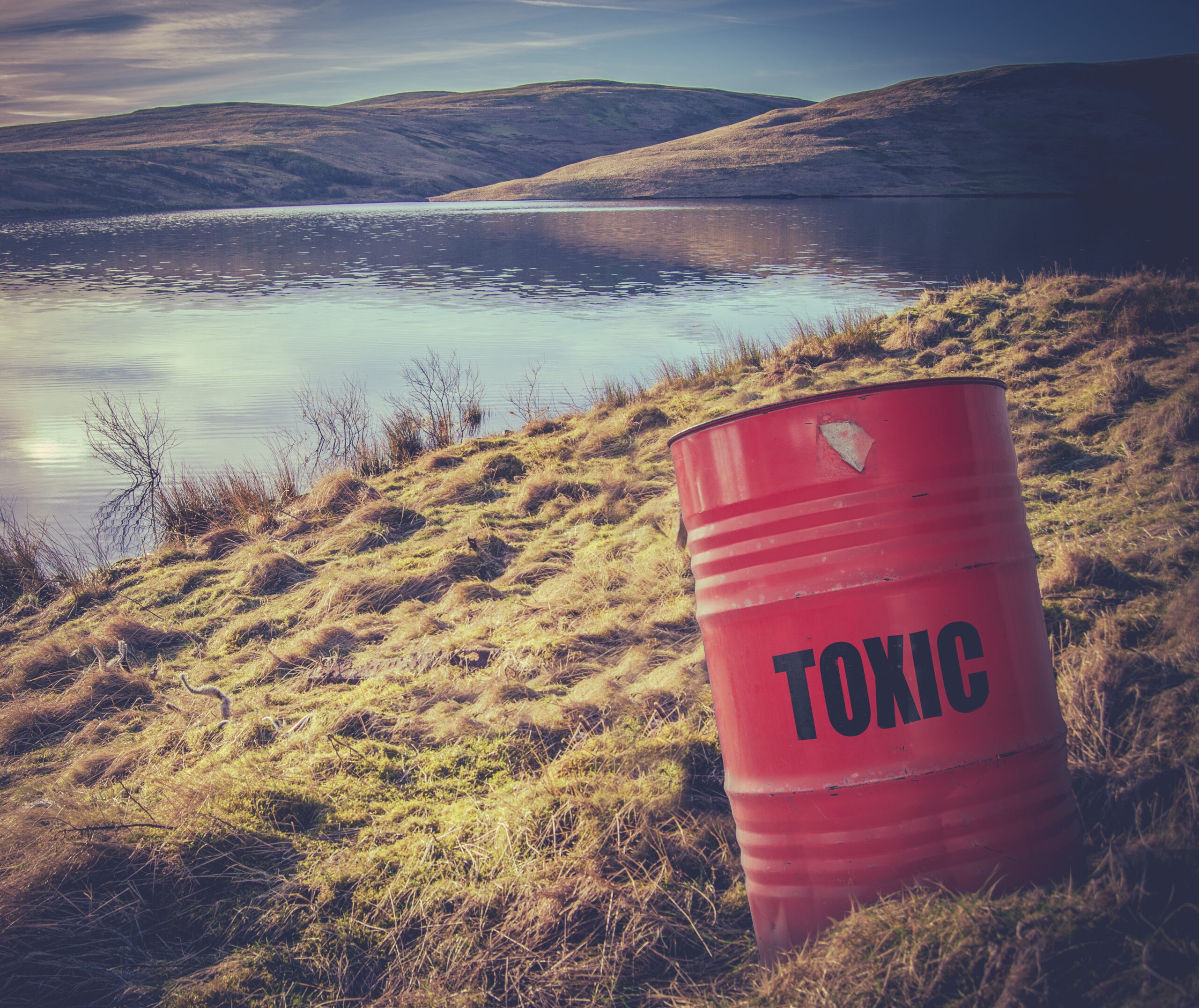By: Editorial Staff, Date: January 8th, 2024
Exposure to harmful substances such as dangerous drugs, hazardous chemicals, or toxic substances can cause serious health damage. If someone is responsible for the exposure, a toxic tort claim can be filed to seek compensation for any resulting damage.
This article will discuss what a toxic tort is and provide guidance on what to do when exposed to chemicals or toxins that cause harm.
What is a toxic tort?
A toxic tort is a type of tort that involves contact with a toxic substance. Exposure may occur through workplace exposure, medication, or environmental factors.
Anyone who has been exposed to a toxic substance and believes that someone is liable for the exposure can file a toxic tort claim and may be entitled to financial compensation or a remedy.

Different types of toxic torts claims may arise from any exposure to toxic substances. Below are some examples:
- Unintended dangerous side effects due to intake of pharmaceutical drugs that lack adequate testing and warning.
- Exposure to toxins or chemicals at home, such as toxic mold or formaldehyde-treated flooring.
- Contact with household cleaning supplies, such as pesticides, insecticides, and disinfectants, that cause respiratory problems.
- Exposure to toxic substances released into the air or contaminated groundwater.
- Contact with harmful substances, such as benzene and asbestos, in the workplace.
- Damage to the hair or physical appearance due to the use of beauty products.
- Lead poisoning due to exposure to lead-based paints.
An individual exposed to toxic substances has the right to file a toxic tort claim. In the event of the victim’s demise due to the exposure, a family member may file a complaint on their behalf. In cases where multiple people have experienced the same exposure, e.g. workplace exposure, a class-action suit may occur.
Filing a toxic tort claim
Filing a toxic tort claim can be complicated, involving decisions about whom to sue and the challenge of proving exposure to dangerous toxins. Here are a few things to consider when pursuing compensation for damages in a toxic tort case:
- Proving the exposure.
The first step when filing a claim is to prove that the exposure led to the victim’s injury. Identifying the chemical that caused the injury can be challenging, as exposure typically occurs unintentionally. Another challenge is that sometimes side effects and injuries don’t appear immediately after exposure; it may take years, making it difficult to trace the specific toxin that caused the injury.
- Determining who to sue.
There are numerous potential defendants against whom you can pursue a claim. This may include pharmaceutical companies, drug manufacturers, chemical substances manufacturers, or polluting entities. However, this poses challenges for plaintiffs, as it is not easy to determine the manufacturer of the drug taken or the company responsible for releasing contaminants into the air or groundwater.
- Seeking professional help
Plaintiffs must seek help from a toxic tort lawyer for guidance throughout the litigation process. Toxic tort lawyers can help in determining who should be sued for the claim. Besides legal professionals, other experts can also assist during a toxic tort claim. These experts include medical doctors to testify about diseases caused by exposure, chemists to explain chemical compounds, and researchers who conduct studies on a particular chemical substance.
Navigating a toxic tort claim can be intricate, but with the right knowledge and experts, justice is reachable. By staying informed, seeking expert support, and persistently pursuing the claim, obtaining compensation and resolution becomes achievable.

